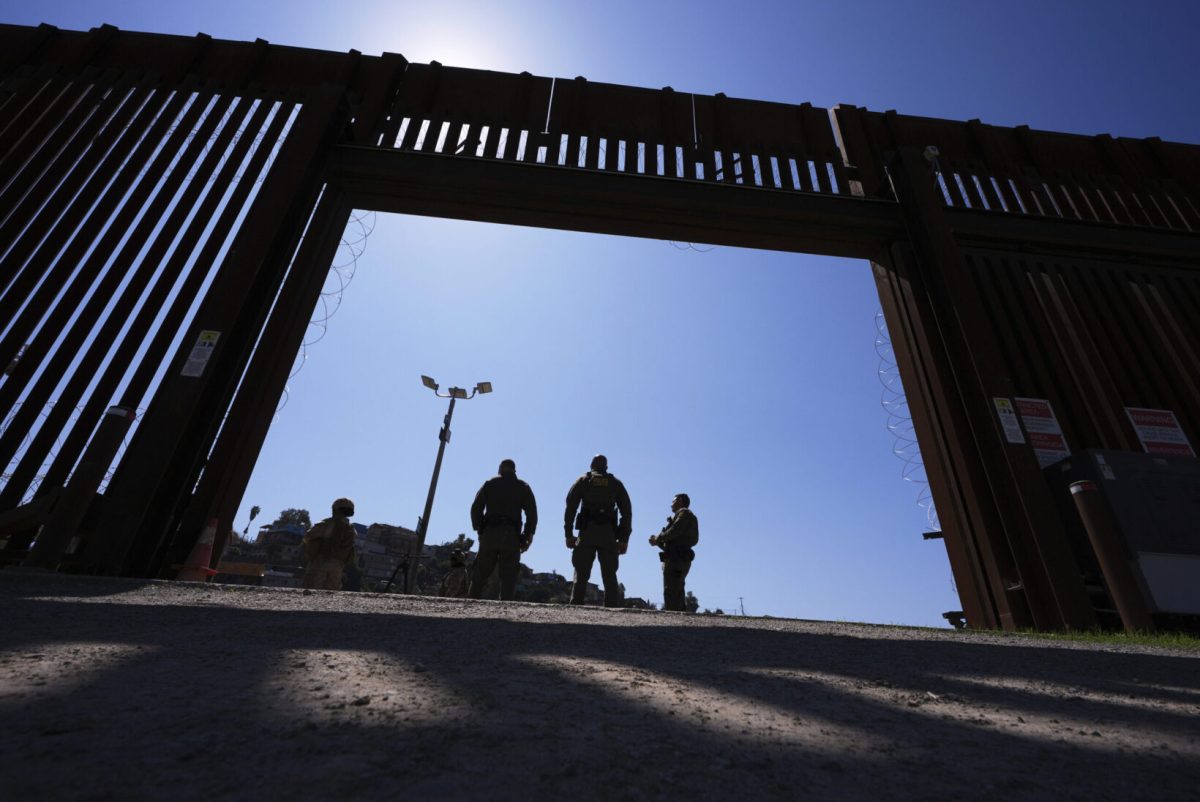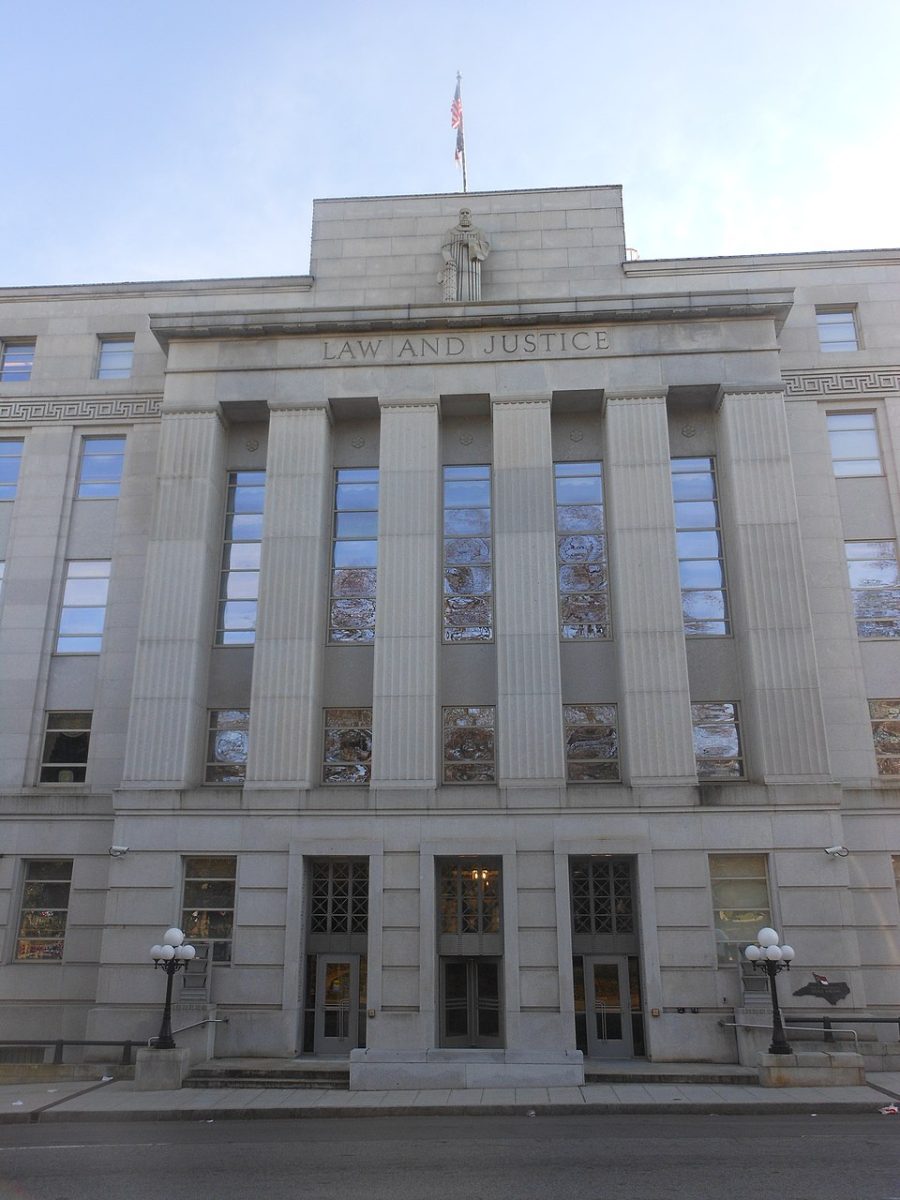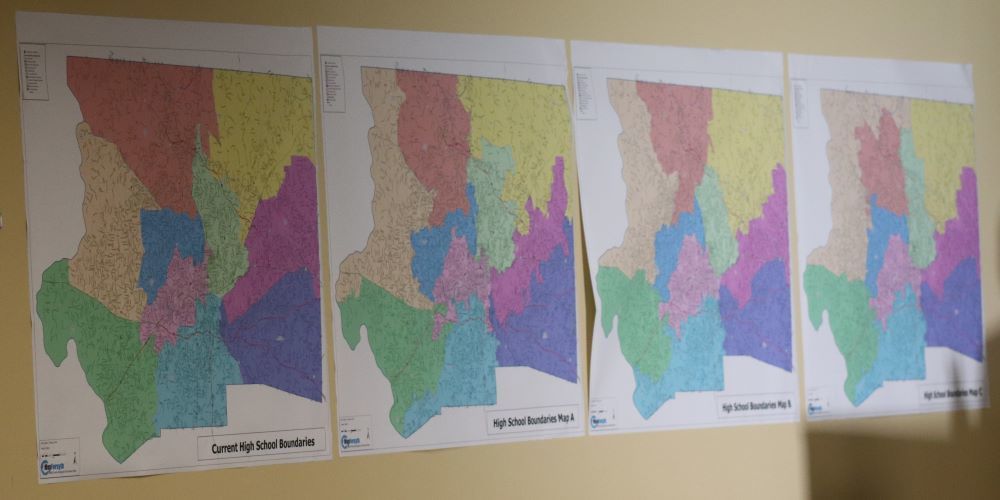President Donald Trump made numerous promises on the campaign trail, including ending the wars abroad, lowering prices and perhaps his most emphatic pledge: deporting undocumented immigrants from the United States.
Specifically, Trump said he wants to deport every single undocumented immigrant from the country – more than 11 million people – using military and law enforcement. In North Carolina, there are approximately 315,000 undocumented immigrants, with about a third living in the Charlotte metro area.
It is, therefore, no surprise that North Carolina has been a target under the Trump Administration, and the state government has been receptive thus far.
In an attempt to strengthen the relationship between state law enforcement agencies and U.S. Immigration and Customs Enforcement (ICE), the North Carolina Senate passed a bill requiring state agencies under Stein to cooperate with ICE in early March. According to ICE’s website, the agency’s mission is to be responsible for “Protect[ing] America through criminal investigations and enforcing immigration laws to preserve national security and public safety.”
The recently passed bill includes many provisions, including mandating four state agencies to comply with ICE: the (N.C.) Department of Public Safety, the Department of Adult Correction, state highway patrol and the State Bureau of Investigation.
It also requires audits by the State Office of Budget Management to ensure undocumented immigrants are not benefitting from programs funded with state money. Additionally, it prevents North Carolina universities from implementing policies that help or protect undocumented students and allows North Carolina residents to sue cities believed to have sanctuary city policies.
Since the passage of this legislation, there have been many instances of ICE’s presence in North Carolina. In Durham, North Carolina, there was a video of ICE raids detaining three men who said they were from India, with a total of 11 people taken into custody in the Durham area by different raids.
Durham council member Steve Rao said, “It always makes you anxious when people are coming in and visiting homes and taking people into custody not knowing where they are. These are people that we’ve known in our community,” in response to these raids.
These raids have generated concern in many communities in the Tarheel state.
Outside the Mexican Consulate in Raleigh, unusually long lines stretched beyond the typical crowd. While the consulate is often busy, the lines grew exponentially after Trump’s recent executive orders due to people wanting to ensure that their immigration documents were in order.
“Outreach is the key word. It’s not waiting for them to call us, but us going to them,” said Sgt. Edwin Garcia of the Raleigh Police Department. Garcia is one of the Raleigh Police Department’s Spanish-speaking officers who attends to the needs of the sizable Spanish-speaking population in Raleigh.
School districts in North Carolina are grappling with the implications of these new laws as well. The Trump administration reversed the policy that kept “sensitive locations” – such as churches, schools and universities — as off limits for ICE raids.
Amid this change in policy, North Carolina school districts are still promising to keep undocumented students protected in their schools. Some school districts are telling their principals to deny ICE agents unless they have a warrant for specific individuals.
As North Carolina adjusts to these sweeping immigration enforcement measures, communities continue to respond with mixed approaches. The state now finds itself at the forefront of a national debate, where new immigration policy meets the realities of daily life. How North Carolina chooses to move forward will shape not only its future but also the lives of thousands who call it home.










